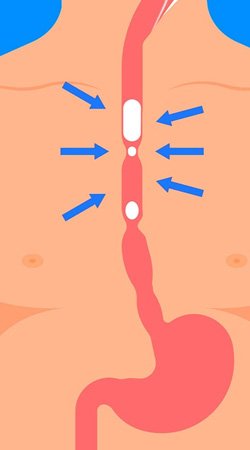- Home
- About Us
- Services
- Gastroscopy With Narrow Band Imaging (NBI)
- Colonoscopy With Narrow Band Imaging (NBI)
- Endoscopic Retrograde Cholangiopancreatography (ERCP)
- Therapeutic ERCP
- Endoscopic Ultrasonography (EUS)
- Balloon Assisted or Deep Enteroscopy
- Capsule Endoscopy
- Esophageal Manometry
- Esophageal Dilation
- Urea Breath Test for Heliobacter Pylori
- EMR & ESD Procedures
- Peroral Endoscopic Myotomy (POEM)
- Ano Rectal Manometry
- Bio Feedback
- OVESCO Clip Placement
- FTRD Device Placement
- Obesity Balloon Placement
- Endoscopic Sleeve Gastroplasty (ESG)
- RFA for Bileduct Cancers and Pancreatic Cancers
- Conditions Treated
- Irritable Bowel Syndrome (IBS)
- Inflammatory Bowel Disease (IBD)
- Celiac Diseases
- Gastroesophageal Reflux Disease (GERD)
- Gallstones
- Hepatitis
- Pancreatitis
- Peptic Ulcers
- Diverticulitis
- Hemorrhoids
- Colon Cancer
- Blog
- Contact Us
Edit Content
Support & Email
gastroexperts@gmail.com
Customer Support
(+91) 83330 52520
Our Location
GASTROEXPERTS,
5th floor, KIMS-SUNSHINE HOSPITALS,
Begumpet, Hyderabad,
Telangana-500016








